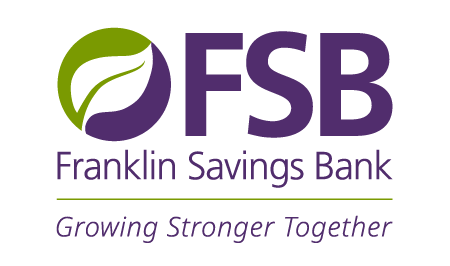A Health Savings Account, or HSA as it is commonly referred, is a tax-free savings account available to individuals enrolled in a high-deductible health insurance plan to pay for medical expenses not covered under a deductible. Think of it as a savings account for your health care.
How does an HSA work?
Each year, you may decide how much you would like to contribute to your HSA. This typically occurs during open enrollment with your employer. The money you designate into the account will be used to pay for medical expenses not covered under your high-deductible health insurance plan.
HSA account holders receive a debit card linked to their account to pay for deductibles, co-pays, and other medical expenses. Keep in mind, funds withdrawn for non-medical expenses before the age of 65 will be subject to a penalty. Any unused funds will remain in the account and earn interest.
With an HSA, you own the account, not your employer, which means you can keep the account should you decide to change jobs.
How do I qualify for an HSA?
An employer may offer HSA-qualified health insurance as an employee benefit. Others may select HSA-qualified health plans from their state insurance exchange via the Affordable Care Act. You may also open an HSA account through your financial institution, such as Franklin Savings Bank.
You are eligible for an HSA account as long as you do not have another disqualifying coverage, such as a Flexible Spending Account (FSA), Medicare, Medicaid or TRICARE. In addition, you cannot be claimed as a dependent on another person’s tax return.
An overview on HSA Limits
The IRS sets the minimum deductible on maximum contribution and maximum out-of-pocket cost for HSAs each year.
| Contribution & Out-of-Pocket Limits for HSA & High-Deductible Health Plans (HDHP) | |||
| 2022 | 2021 | Change | |
| HSA contribution limit |
Self-only, $3,650 Family – $7,300 |
Self-only, $3,600 Family – $7,200 |
Self-only, +$50 Family, +$100 |
| HSA catch-up contributions | $1,000 | $1,000 | No change |
| HDHP minimum deductibles |
Self-only, $1,400 Family, $2,800 |
Self-only, $1,400 Family, $2,800 |
No change |
| HDHP maximum out-of-pocket amounts |
Self-only, $7,050 Family, $14,100 |
Self-only, $7,000 Family, $14,000 |
Self-only, +$50 Family, +$100 |
Source: IRS, Revenue Procedure 2021-25
Tax advantages to an HSA
There are four tax advantages to owning an HSA account to include:
- Contributions to HSAs are deductible to you, regardless of the source;
- Interest or investment gained on the account isn’t subject to tax;
- Funds can be withdrawn to pay for qualified medical expenses without being taxed; and
- At age 65 you can withdraw funds for non-medical expenses without being subject to a penalty. Note: The withdrawn funds will be subject to income tax.
If you are in a high-deductible health insurance plan and would like to learn more about how an HSA account can benefit you, give us a call and we will be happy to assist you. You may also send us an email at mybanker@fsbnh.bank or chat with one of our friendly representatives.




